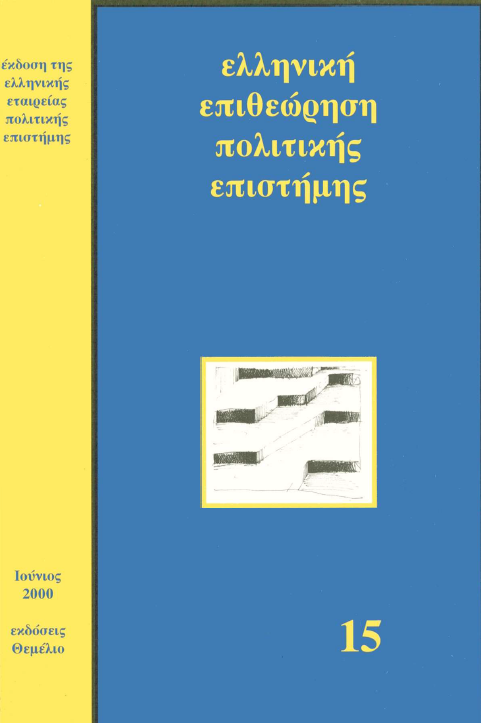The principle of autonomy in modern european university: political and cultural dimensions
Abstract
The formation of modern european university can be considered as a longrun consequence of interconnected historical processes, the origins of which are to be traced back to the late Middle Ages and to the beginnings of Modern Times. Despite the fact that the intellectual and religious currents of that period exerted a remarkable influence on universities, the latter soon entered into a phase of administrative decline, translated into a gradual loss of autonomy and to an increasing dependence upon secular and religious authorities. This evolution was transformed into an unceasing process of institutional destabilization, which was definitively reversed only in the age of Humboldtian reforms: Modern european universities are in fact a product of modernity in its enlightened version. This was a vision of a practical institutional reality, able to fulfil the ideal of cognitive and moral unity of mankind once the universality of knowledge could be assured. It can be undoubtedly argued that the emergence of contemporary university presupposes the creation of an autonomous institutional structure for intellectual activities, which recently have been regarded as co-terminous with the modern, research-oriented university. In this perspective, the principle of autonomy underlines the sine-qua non condition of its existence. It is argued that only this normative commitment can guarantee the primary university’s mission: The freedom to pursue its fundamental function of advancing and transmitting independent and objective knowledge.
Article Details
- How to Cite
-
Γκότσης Γ. Ν. (2017). The principle of autonomy in modern european university: political and cultural dimensions. Greek Political Science Review, 15, 99–140. https://doi.org/10.12681/hpsa.15175
- Issue
- Vol. 15 (2000)
- Section
- Articles

This work is licensed under a Creative Commons Attribution-NonCommercial-ShareAlike 4.0 International License.
Authors who publish with this journal agree to the following terms:
Authors retain copyright and grant the journal right of first publication with the work simultaneously licensed under a Creative Commons Attribution licence that allows others to share the work with an acknowledgement of the work's authorship and initial publication in this journal.
Authors are able to enter into separate, additional contractual arrangements for the non-exclusive distribution of the journal's published version of the work (e.g. post it to an institutional repository or publish it in a book), with an acknowledgement of its initial publication in this journal.
Authors are permitted and encouraged to post their work online (preferably in institutional repositories or on their website) prior to and during the submission process, as it can lead to productive exchanges, as well as earlier and greater citation of published work (See The Effect of Open Access).



